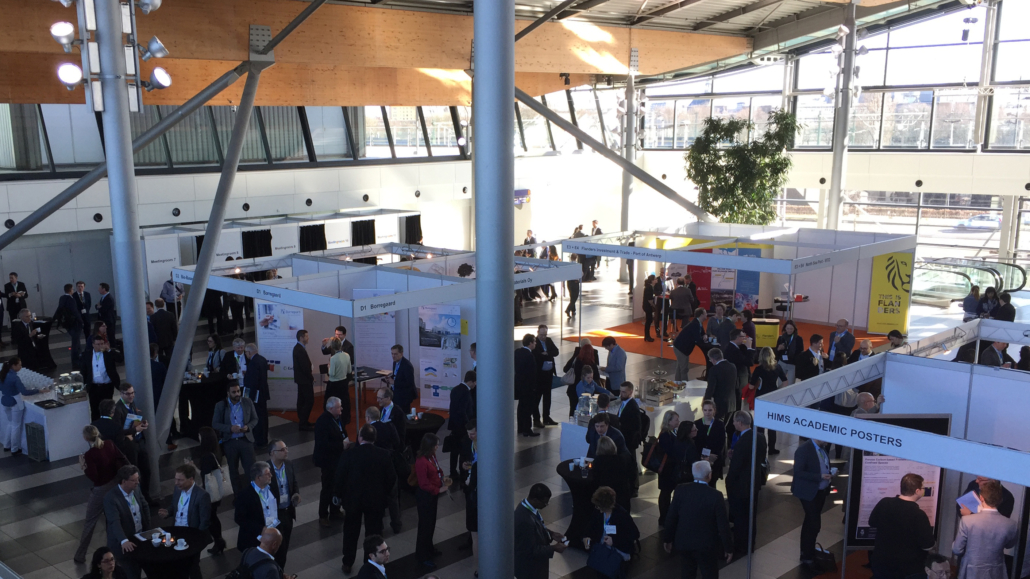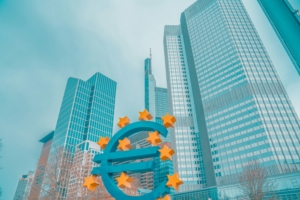
From biorefineries to consumer goods
More than 400 experts came together at the World Bio Market Conference in Amsterdam to discuss the challenges of successfully implementing bio-based business strategies.
During the World Bio Market Conference, held in Amsterdam from 20 to 22 March, more than 400 experts from different industries discussed how to implement renewable resources in established production processes, how to set up and where to settle industrial-scale biorefineries, and how to proceed with the best marketing strategy for bio-based products.
Central Europe as starting point for wood-based biorefinery
From the perspective of UPM Biochemicals, central Europe has much to offer. The Finnish company is currently evaluating the potential of building a biorefinery in the Chemical Park Frankfurt-Höchst in Germany. This decision is the outcome of more than five years of extensive technology development and piloting, and by the end of the year we will know more, said Michael Duetsch, Director Biochemicals at UPM. The planned industrial scale biorefinery would convert hardwood from sustainably managed forests in central Europe into bio-monoethylene glycol (bMEG) -, one monomer of the bio-based plastic PEF that may substitute PET -, and bio-monopropylene glycol (bMPG) – a building block used in textiles, bottles, packaging and deicing fluids – as well as lignin up to 150,000 metric tons per year. Frankfurt is well-positioned to attract highly-qualified people and it offers a professional existing infrastructure which is a major cost advantage. In addition, hardwood logistics are feasible thanks to close forests, Duetsch stressed. Joachim Schulze from German EW Biotech also pointed out, that using existing infrastructure could cut total biorefinery costs by a factor of 10. According to him, another major element during the industrial up-scaling process is the right downstream processing: These 70% will decide whether your project will fly.
Consumer strategies focus on performance criteria
Representatives of major consumer brands such as Lego, Patagonia and IKEA used the conference as a platform to explain their overall strategies towards sustainable materials. We don’t want to bring out product lines that say they are more green than the other because we don’t want to put extra pressure on our customers, said Johan Bruck, Deputy Materials Innovation Development Leader, IKEA. The Swedish home furniture company established a team of about 200 materials experts, consistently evaluating new technologies for its several business units, ranging from raw materials to adhesive solutions, surface coatings, textiles or others. Bruck: If we start implementing bio-based materials, we want to use them in all our products. For this reason, we particularly look for those innovations, having already reached a certain level of maturity and performance in large-scale production. Whereas bio-based packaging is interesting in the food unit of IKEA, new recycling processes of existing materials in the value chain has large potential, he said. At the same time, he stressed, that sustainability is only one of the five key criteria. Form, low price, quality and function are as equal important for IKEA, Bruck underlined.
A similar strategy is pursued by textiles producer Patagonia. Sustainability is at the core of our business, but ultimately it’s product quality that gets customer loyalty, Gabe Davies, European Surf Manager Patagonia, said. Industrial biotech company Checkerspot from San Francisco told the audience about its strategy to start with customer problems first and then to offer a bio-based solution. We target companies in the outdoor recreation market as our major clients, because they have a highly educated customer base where new and bio-based materials matters, highlighted Charli Dimmler, founder and CEO of Checkerspot.
15 start-ups in the Fashion for Good accelerator
That the textiles industry is becoming more and more open to new materials and aims to establish circular economy principles was demonstrated by the Fashion for Good platform. The initiative, started by the C&A Foundation, is based in Amsterdam and found further supporters in the textile industry such as Zalando and Adidas, among others. During the World Bio Markets Conference Eva van der Brugge, Innovation Manager, reported on the most recent selection round which welcomed a total of 15 start-ups in the third edition of the accelerator programme. Among this year’s winners was Finnish company Paptic offering a new material combining the advantages of paper and plastics.




 SANOFI
SANOFI